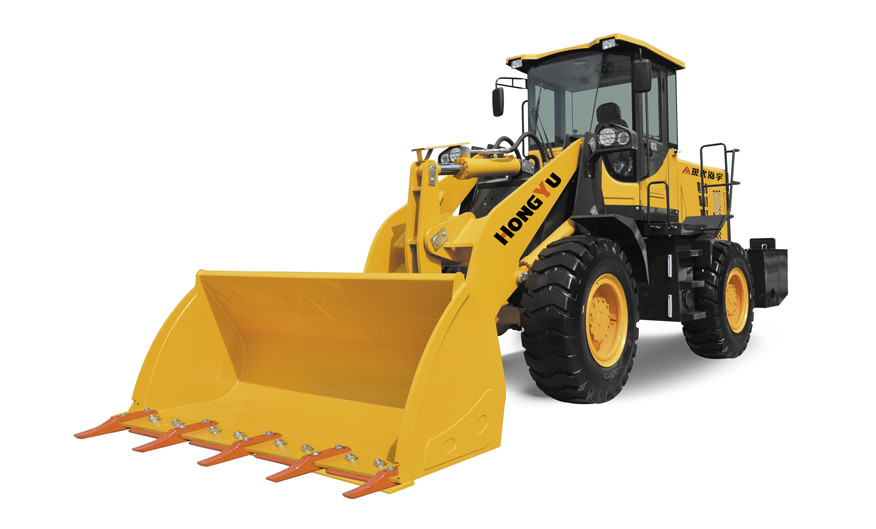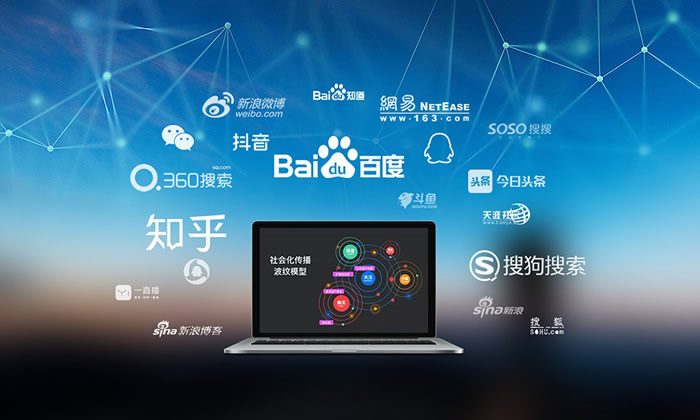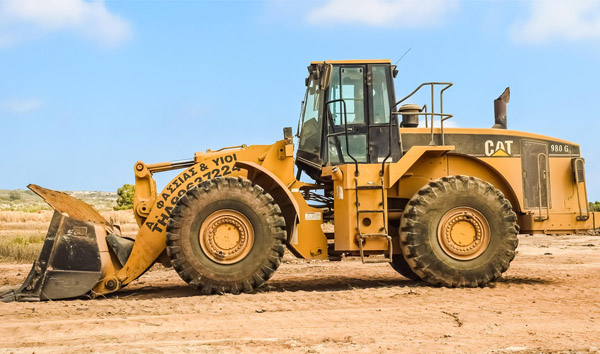The Future of Industrial Automation: Innovations in Mechanical Equipment
2025-07-01 03:45:27
The integration of artificial intelligence (AI) and IoT into mechanical equipment has revolutionized industrial automation. Modern systems now leverage real-time data analytics to optimize performance, minimize downtime, and predict maintenance needs before failures occur. For instance, sensors embedded in mechanical equipment can detect anomalies in vibration, temperature, or pressure, allowing for proactive interventions. This shift from reactive to predictive maintenance has reduced equipment downtime by up to 30% in manufacturing sectors.
Another breakthrough in mechanical equipment is the adoption of collaborative robots (cobots). Unlike traditional industrial robots, cobots work alongside human operators, enhancing productivity while ensuring safety. These machines are equipped with advanced force-sensing technology, allowing them to adjust their movements dynamically. Industries such as automotive assembly and electronics manufacturing have seen a 25% increase in production efficiency by integrating cobots into their workflows. The flexibility of modern mechanical equipment enables rapid reconfiguration for different tasks, making them ideal for high-mix, low-volume production environments.
Energy efficiency is also a critical focus in the development of next-generation mechanical equipment. Innovations such as regenerative braking in heavy machinery and variable frequency drives (VFDs) in motors have significantly reduced energy consumption. According to industry reports, these advancements have cut power usage by up to 40% in sectors like mining and construction. Furthermore, the use of lightweight composite materials in mechanical equipment has improved durability while reducing operational costs. As sustainability becomes a priority, manufacturers are investing in eco-friendly designs that align with global carbon reduction goals.
Looking ahead, the role of mechanical equipment in Industry 4.0 will continue to expand. With advancements in edge computing and 5G connectivity, machines will communicate seamlessly, enabling fully autonomous factories. Predictive algorithms will further refine maintenance schedules, ensuring optimal performance. As industries embrace digital transformation, the demand for smarter, more efficient mechanical equipment will only grow, reshaping the future of manufacturing and beyond.












